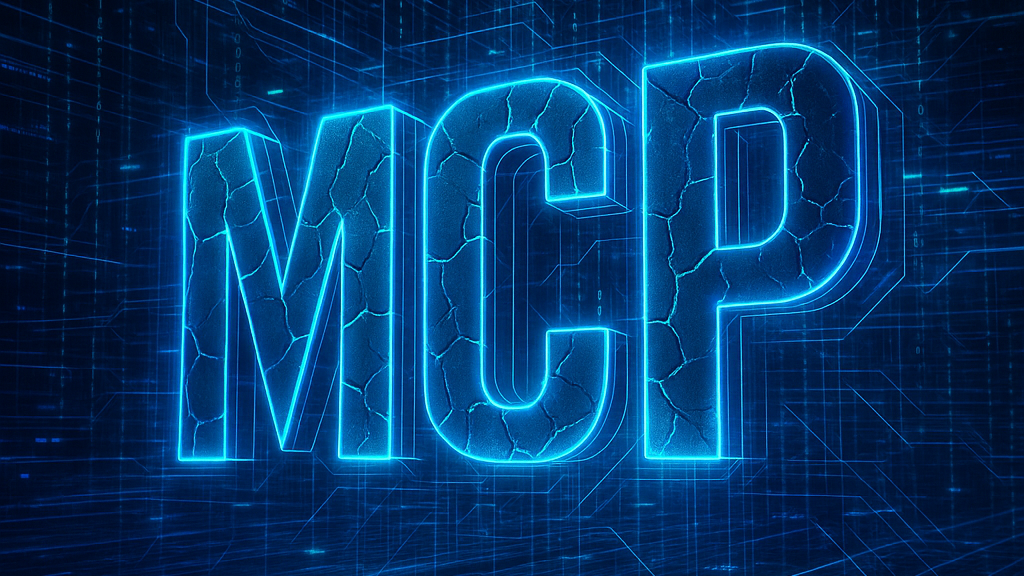The Model Context Protocol (MCP) has gained attention recently as a promising method for connecting tools to large language models (LLMs), enhancing their performance through improved context. Designed by Anthropic and supported by industry leaders like OpenAI, MCP standardizes how applications provide context, enabling better integration of tools, resources, and prompts. The architecture involves an MCP host, client, and server communicating via a lightweight JSON-RPC protocol.
However, while MCP offers features such as sampling and composability, it also poses significant security risks. The article outlines 13 potential vulnerabilities, including data exfiltration, command injection, and tool poisoning. These threats arise from a lack of stringent validation, creating opportunities for malicious actors. The post emphasizes responsible use, encourages vetting MCP servers, and highlights the importance of incorporating MCP into threat modeling and security strategies. Ultimately, while MCP is innovative, it necessitates heightened security vigilance to mitigate associated risks.
Source link
